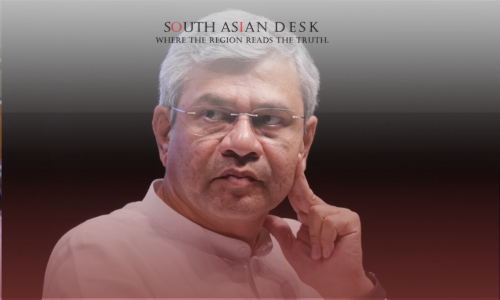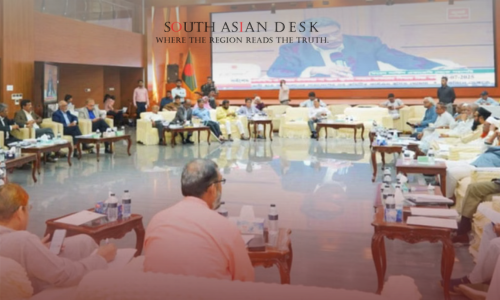The Digital Personal Data Protection Act (DPDP Act), 2023, in India has raised concerns among media organizations regarding its impact on journalistic work. A coalition of 22 press bodies, including the Press Club of India, has urged the government to exempt journalists’ professional activities from the law’s scope.
The DPDP Act, enacted to regulate the processing of personal data, mandates that entities obtain consent before handling such information, with limited exceptions for employment or medical emergencies. This requirement could hinder investigative journalism, opinion writing, and reporting that relies on independent research, as journalists may need to seek permission from individuals before publishing.
The press bodies argue that the law conflicts with constitutional protections under Article 19, which guarantees freedom of speech and the right to practice one’s profession. They emphasize that earlier drafts of the legislation excluded journalistic work from such obligations, a provision absent in the final version. This shift has prompted fears that the Act could restrict press freedom and limit transparency by shielding public figures from scrutiny.
A signature campaign launched in May 2025 reflects the media’s push to amend the law to safeguard reporters and photojournalists across print, digital, and broadcast platforms.
Posts on X echo these concerns, with media professionals highlighting the potential for the DPDP Act to curb investigative reporting. Some users noted that the law’s data transfer restrictions have also drawn criticism from tech industry groups, who argue it could deter investment.
The debate underscores a broader tension between data privacy and the public’s right to information, with journalists advocating for a balance that preserves their ability to report freely.
Published in SouthAsianDesk, June 26th, 2025
Follow SouthAsianDesk on X, Instagram and Facebook for insights on business and current affairs from across South Asia.






